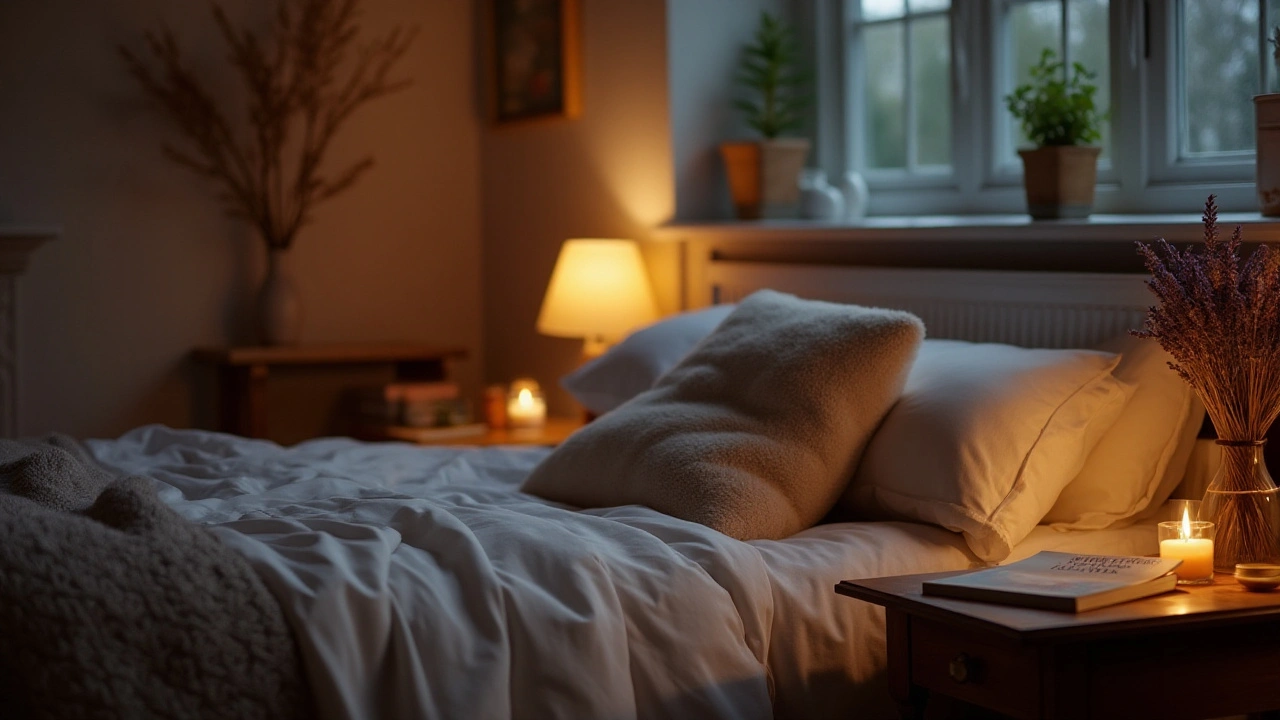Sleep Improvement: Simple Steps to Rest Better Tonight
Ever lie awake staring at the ceiling, wondering why you just can’t fall asleep? You’re not alone. Sleep can be tricky, but improving it doesn’t have to be complicated. Small changes can make a big difference for your rest and energy.
One of the surprisingly effective tools for better sleep is aromatherapy. Using certain essential oils like lavender or chamomile can help calm your mind and relax your body before bed. Just a few drops on your pillow or in a diffuser might make those restless nights fade away.
Relaxation Techniques to Calm Your Mind
Before hitting the sack, try simple relaxation exercises. Deep breathing, guided meditation, or even progressive muscle relaxation can ease your stress and slow down racing thoughts. These help signal your body it’s time to wind down and prepare for sleep. The best part is, you don’t need fancy gear—just a quiet spot and a few minutes.
It also helps to keep a consistent sleep schedule. Going to bed and waking up at the same time every day trains your internal clock. This makes falling asleep easier over time and helps you wake up feeling rested.
Creating a Sleep-Friendly Environment
Your bedroom should feel like a cozy retreat. Keep it dark, quiet, and cool — these conditions invite sleep. Turning off screens at least an hour before bed reduces blue light exposure, which can mess with your melatonin production, making it harder to nod off.
If stress or anxiety keeps you awake, techniques like biofeedback can give you more control. This method teaches you to recognize physical signals like heart rate and muscle tension so you can calm yourself down and slip into rest more easily.
Improving sleep isn’t about one magic fix. It’s about combining habits that calm your mind, set your body’s clock, and create a peaceful space. Give these ideas a shot tonight, and you just might wake up surprised at how refreshed you feel.
Harnessing Relaxation Techniques for Better Sleep
- Arlo Sterling
- Dec, 10 2024
A good night's sleep is crucial for overall well-being and productivity. Various relaxation techniques such as deep breathing, guided imagery, and progressive muscle relaxation can play a significant role in promoting restful sleep. By reducing stress and calming the mind, these practices help ease the transition into slumber and improve sleep quality. Discover how incorporating simple techniques into your nightly routine can help you achieve a more peaceful and rejuvenating rest.
Learn More